
If You Have Colon Polyps, These 4 Symptoms During Bowel Movements Could Be a Warning – See a Doctor Before It's Too Late
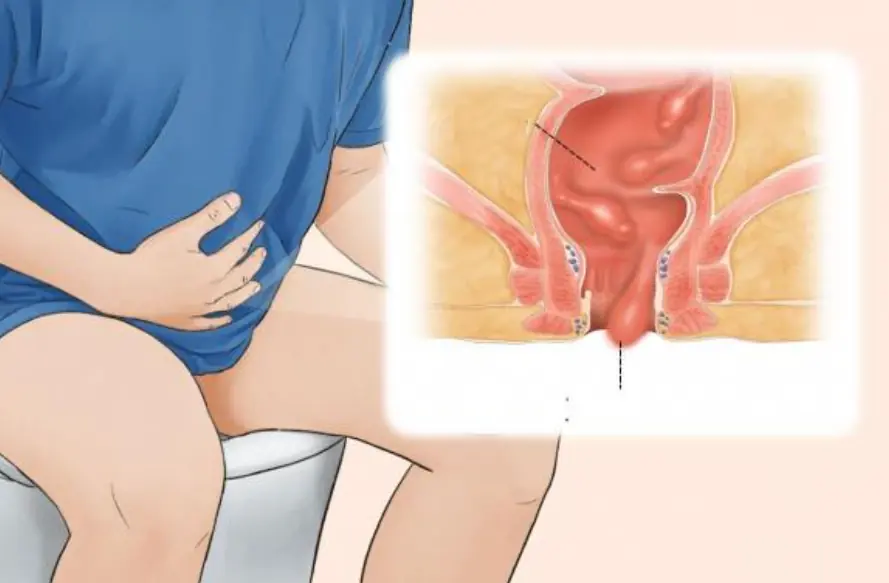
Colon polyps — small, seemingly harmless growths in the intestines — are actually the “silent precursors” of colorectal cancer, a disease that is increasingly affecting younger people. Early detection and timely treatment are the keys to preventing the serious consequences this condition can cause.
Case Example:
Trung Nghia, 29 years old, has had digestive issues since childhood but never underwent a full health screening. Over the past month, he began experiencing 1–2 bowel movements per day with loose, unformed stools.
At first, the doctor wasn’t overly concerned, as these are common gastrointestinal symptoms. However, upon learning that both Trung Nghia's mother and sister had colorectal cancer — and that his mother had passed away from it — the doctor immediately ordered an endoscopy.
The results shocked many: doctors discovered hundreds of polyps in his intestines, highly suspected to be familial adenomatous polyposis. Some polyps had already developed into adenocarcinoma and even metastasized to the liver. He is now undergoing intensive treatment.
Why Do Colon Polyps Form So Easily?
Colon polyps are abnormal growths protruding from the intestinal lining. Around 85% of colorectal cancer cases originate from polyps, and it can take 5–10 years for a polyp to become cancerous.
According to Dr. Liu Sude, Head of the Gastroenterology Department at Nanfang Hospital (China), the exact cause of polyps is unclear but may be linked to:
-
Age: Older adults are at higher risk due to the aging of intestinal lining and reduced cell repair ability.
-
Diet: High intake of fats and animal proteins with low fiber increases polyp risk. People whose fat intake exceeds 40% of their diet have a significantly higher risk.
-
Chronic Inflammation: Conditions like chronic colitis, ulcerative colitis, or Crohn’s disease can cause prolonged irritation, encouraging polyp growth.
-
Genetics: 10–27% of colorectal cancer patients have a family history. If someone in your family had adenomatous polyps, your risk is higher.
-
Gut Microbiota Imbalance: Disruption of gut bacteria can lead to chronic inflammation and polyp formation.
4 Warning Signs of Colon Polyps During Bowel Movements
-
Rectal Bleeding:
A common symptom. Stools may contain dark red blood due to friction between polyps and dry stool. Sometimes, bleeding is only detectable through stool tests (positive occult blood). -
Polyps Protruding From the Anus:
Polyps with stalks located near the anus may be pushed out during defecation. These appear bright red and usually retract on their own. -
Changes in Bowel Habits:
Large polyps or those in specific areas can disrupt bowel movements, causing urgency, diarrhea, constipation, or alternating between both. -
Abdominal Pain:
Polyps irritated during intestinal contractions may cause sudden cramping pain that eases once the intestines relax.
What to Do If Polyps Are Found
If polyps are discovered during endoscopy, doctors typically recommend immediate removal to prevent complications. Many colorectal cancer cases are asymptomatic in early stages and only detected after the disease has progressed.
A study published in The Lancet Gastroenterology & Hepatology involving over 100,000 participants confirmed that all types of polyps have the potential to become cancerous.
Doctor’s Recommendations:
-
Routine Screening: Healthy individuals should undergo a colonoscopy every 5 years starting at age 50.
-
If Polyps Were Found Before: Repeat screening every 3 years.
-
High-Risk Polyps That Must Be Removed Immediately:
-
Adenomatous Polyps (Adenomas)
-
Familial Polyposis
-
How to Prevent Polyps from Becoming Cancerous
Although most polyps are benign, it’s crucial to take preventive measures:
-
Eat More Fresh Vegetables and Fruits:
Rich in fiber and vitamins, they enhance bowel movements, eliminate toxins, and balance gut microbiota. -
Stay Hydrated:
Drink around 1.5 liters of water per day (adjust if you have kidney conditions). This helps flush out toxins and soften stools. -
Exercise Regularly:
Physical activity boosts immunity and metabolism. Adults should engage in at least 150 minutes of moderate exercise per week (e.g., brisk walking, swimming, jogging).
Advice:
If you notice unusual symptoms during bowel movements — especially if you have a family history of gastrointestinal diseases — do not ignore them. Early screening is the best way to detect polyps and prevent cancer from the very beginning.
News in the same category

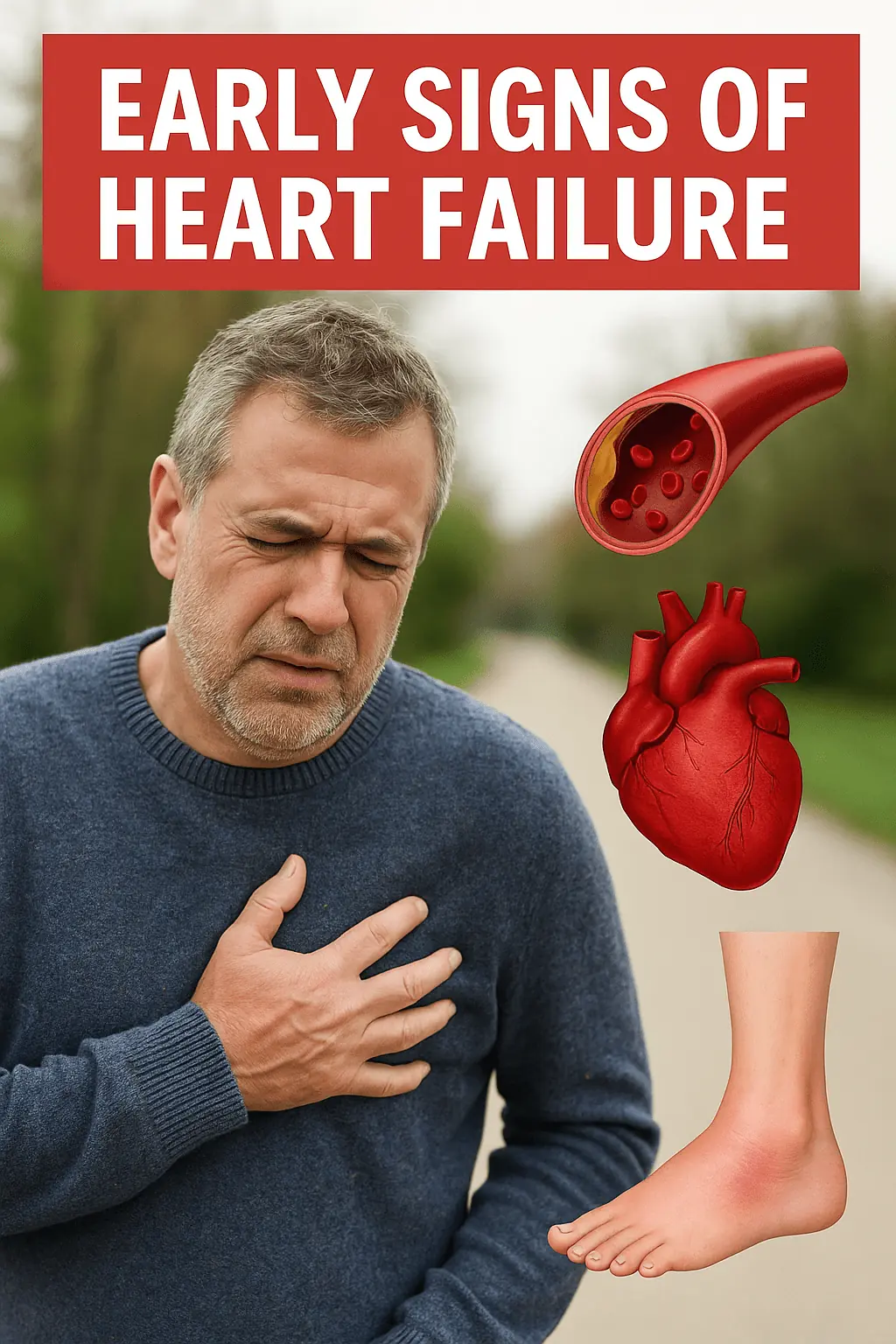
8 Subtle Warning Signs of a Heart Attack You Shouldn’t Ignore
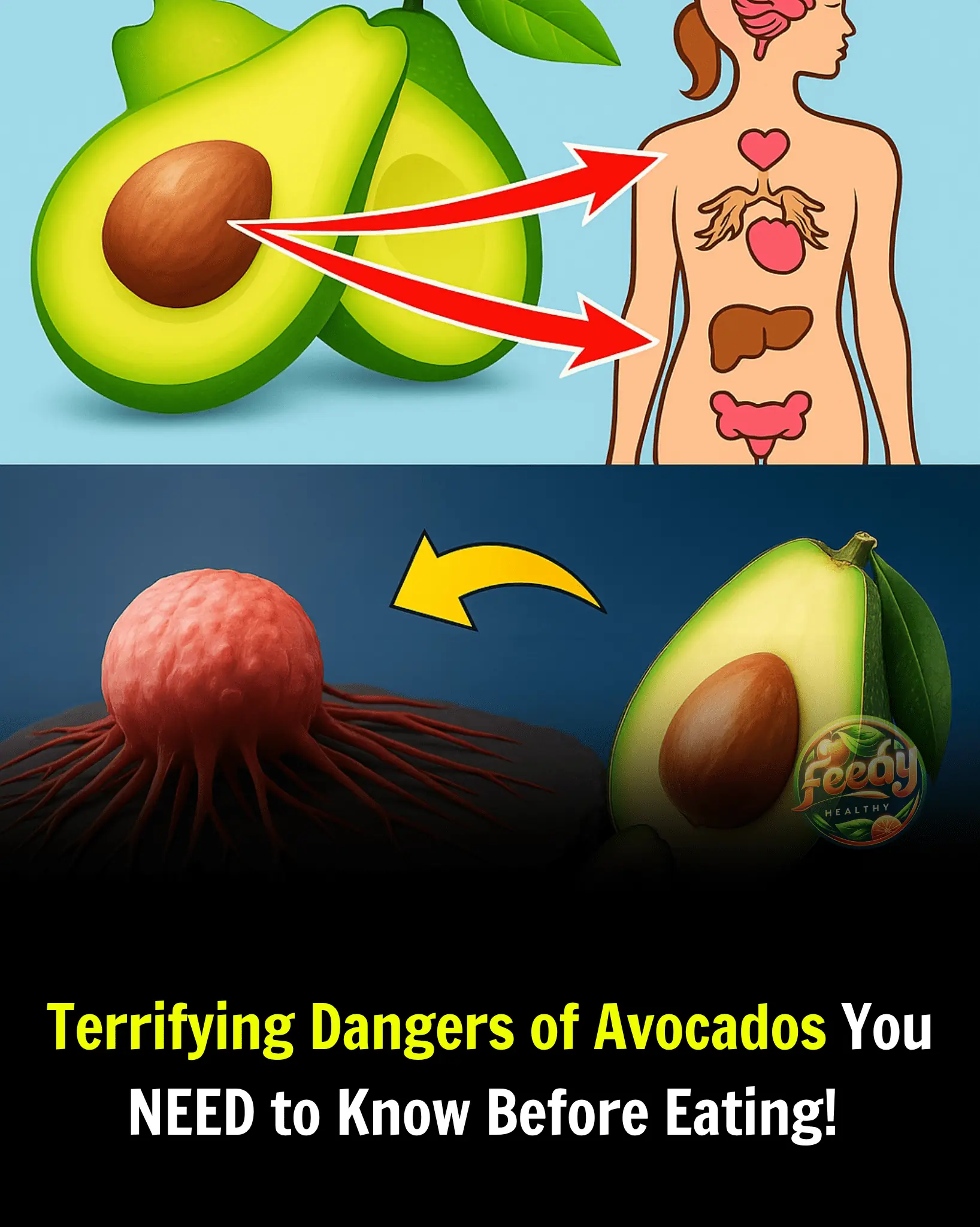
Shocking Avocado Dangers You NEED to Know Before Your Next Bite! Could One Fruit Trigger Irreversible Harm?
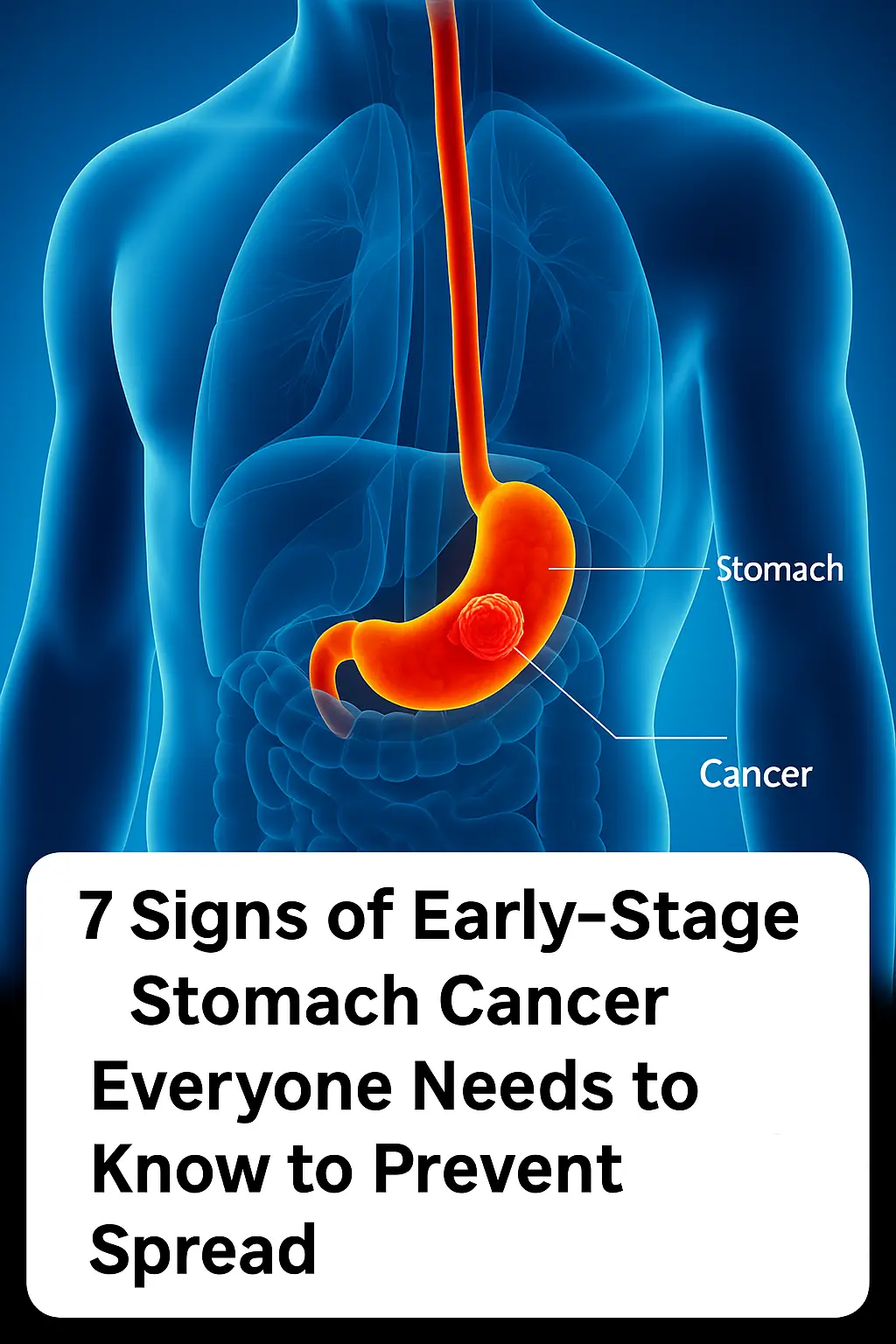
7 Early Signs of Stomach Cancer Everyone Should Know to Prevent Metastasis

6-Year-Old Boy Suffers Stroke Right After Waking Up – Doctors Emphasize 4 Warning Signs Parents Must Recognize to Save Their Child

68-Year-Old Man Dies from Kidney Failure — Doctor Warns: Stop Eating These 3 Types of Breakfast
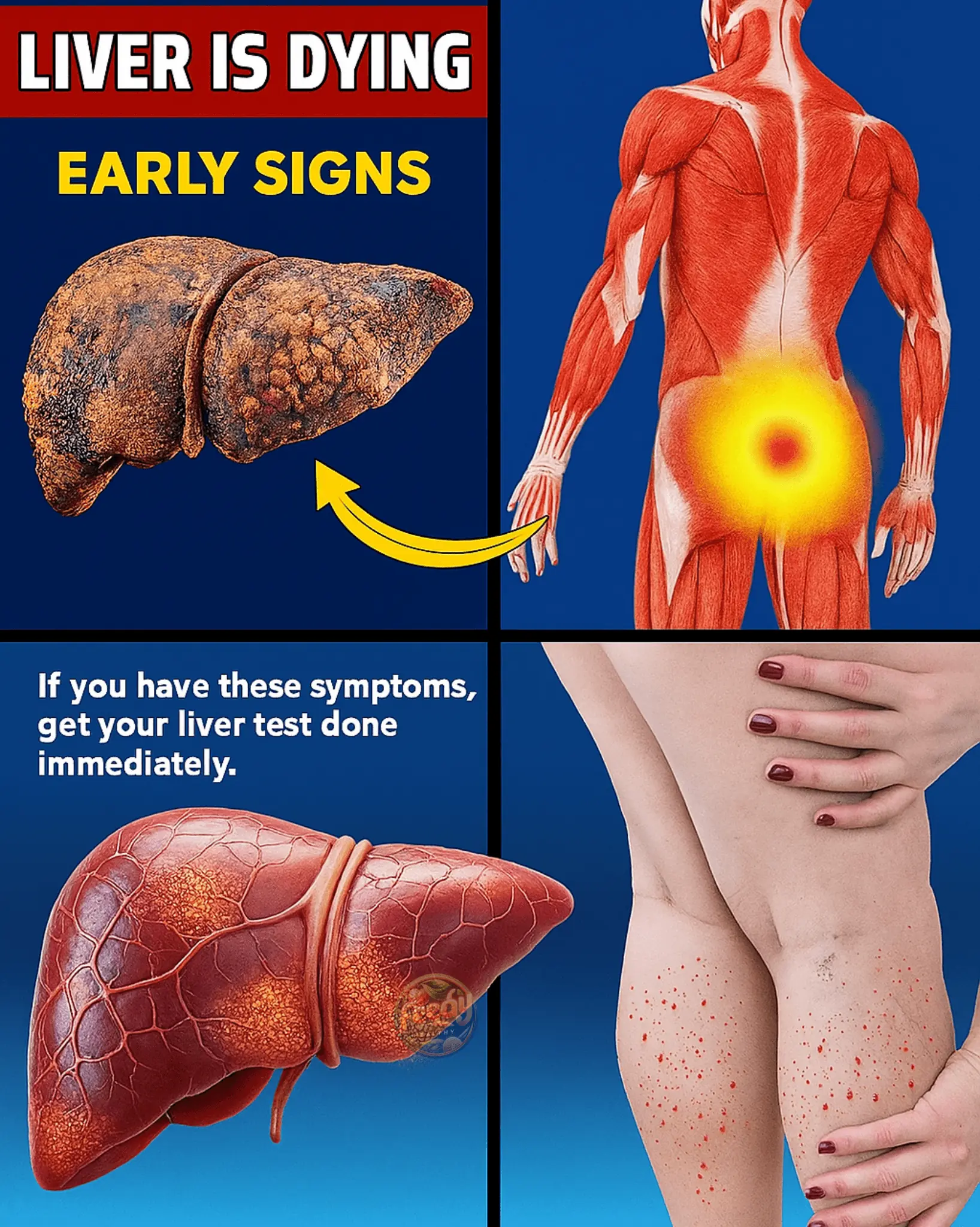
Is Your Liver in Danger? 12 Early Signs of Liver Cirrhosis You Shouldn’t Ignore

Emergency Warning Issued: “Do Not Eat” Dubai-Style Chocolate Bar Recalled
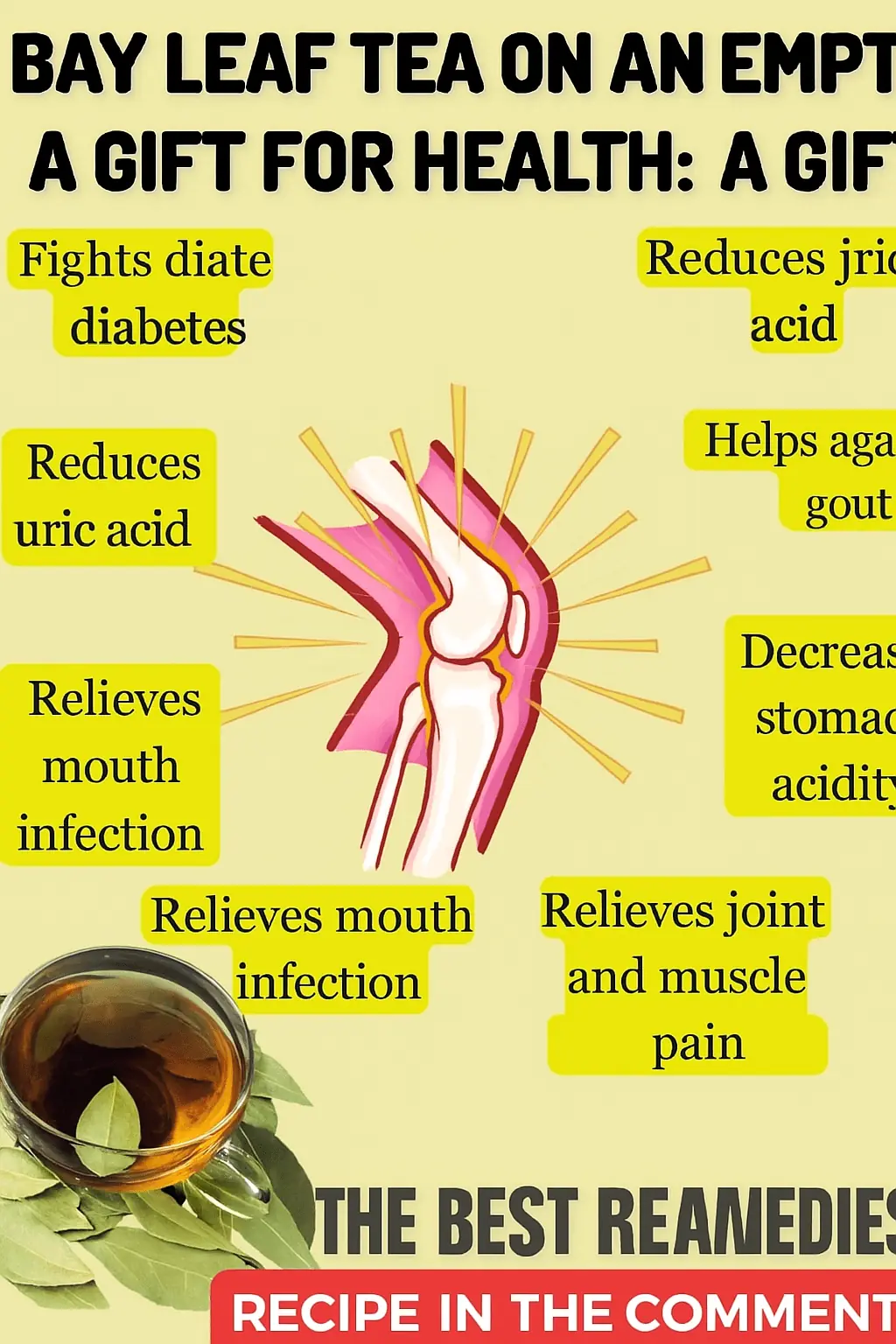
Health Benefits of Drinking Bay Leaf Tea on an Empty Stomach

Cancer May Be Painless at First, But These 8 Toilet-Related Signs Mean You Should See a Doctor Early – Don’t Ignore Them
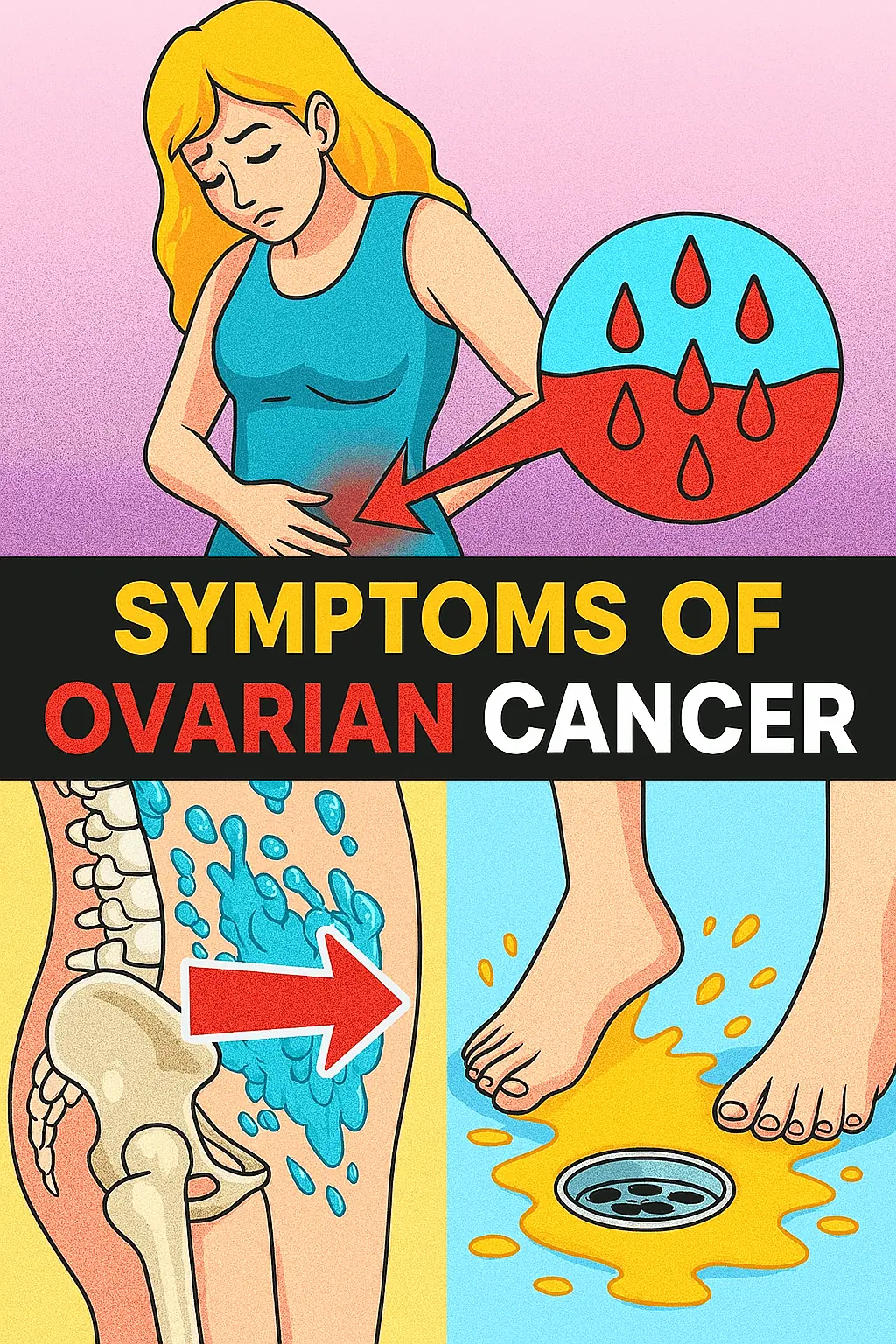
The Hidden Connection Between Ovarian and Breast Cancer
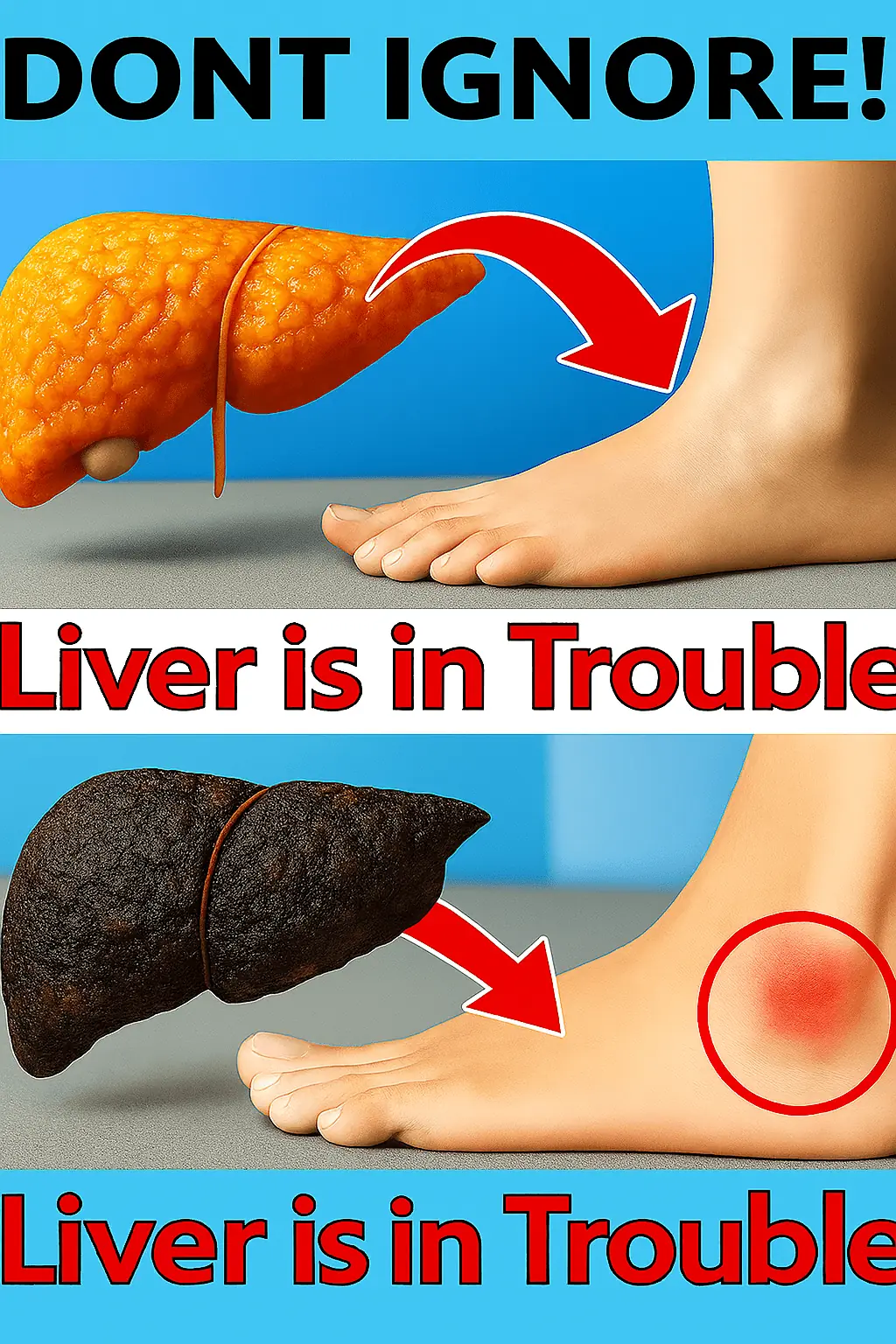
How Your Feet Are Warning You About Liver Problems: What You Need to Know

Vaseline & Coffee Erase Wrinkles Instantly! The 100-Year-Old Anti-Aging Secret You Need to Try!

8 "Friendly Enemies" of Diabetes – Snack Smart Without Spiking Blood Sugar!

Top Foods to Avoid After 60 for Better Health
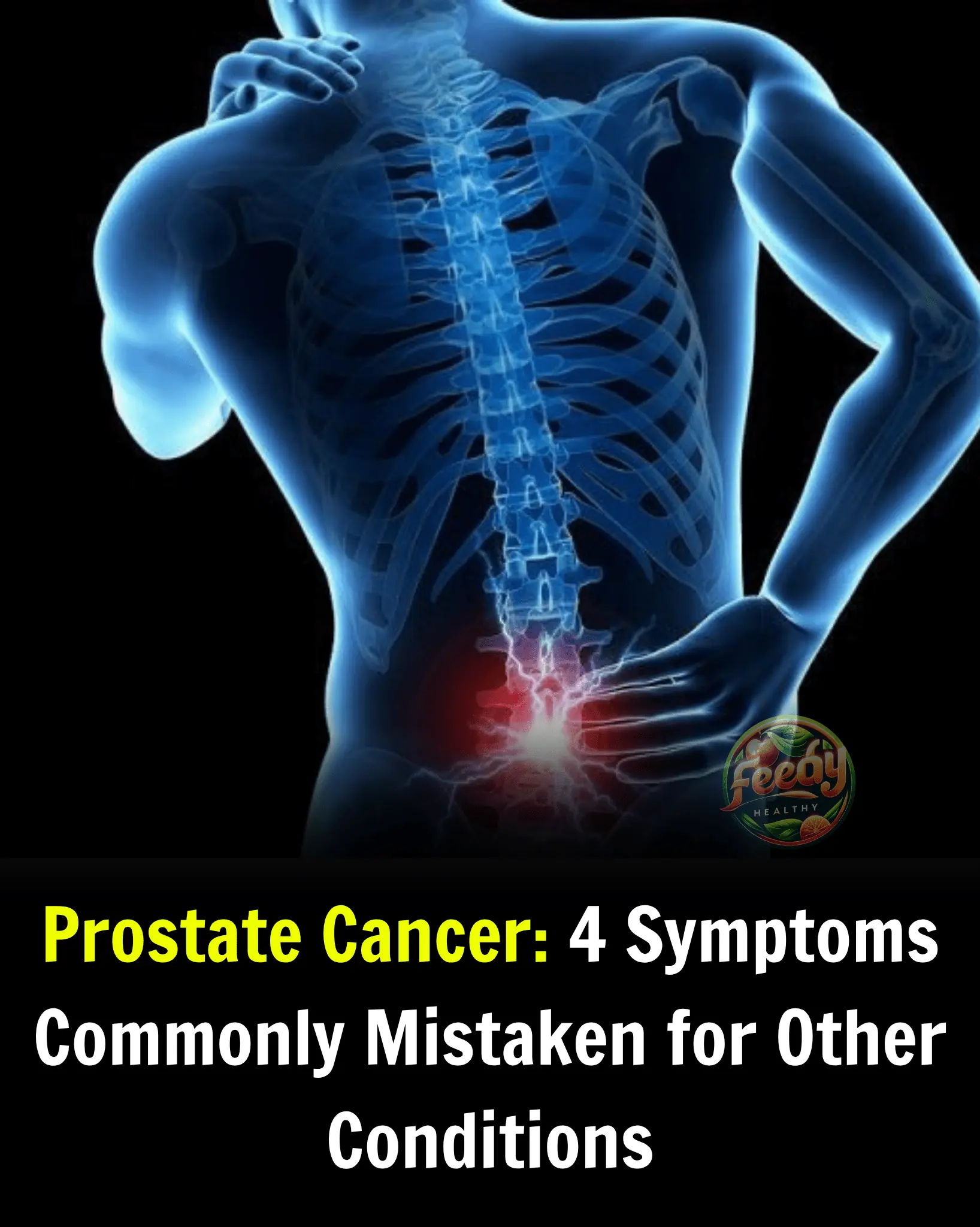
Prostate Cancer: 4 Symptoms Commonly Mistaken for Other Conditions

Busy Work Schedule: Is Sleeping Only 5–6 Hours a Night Harmful?
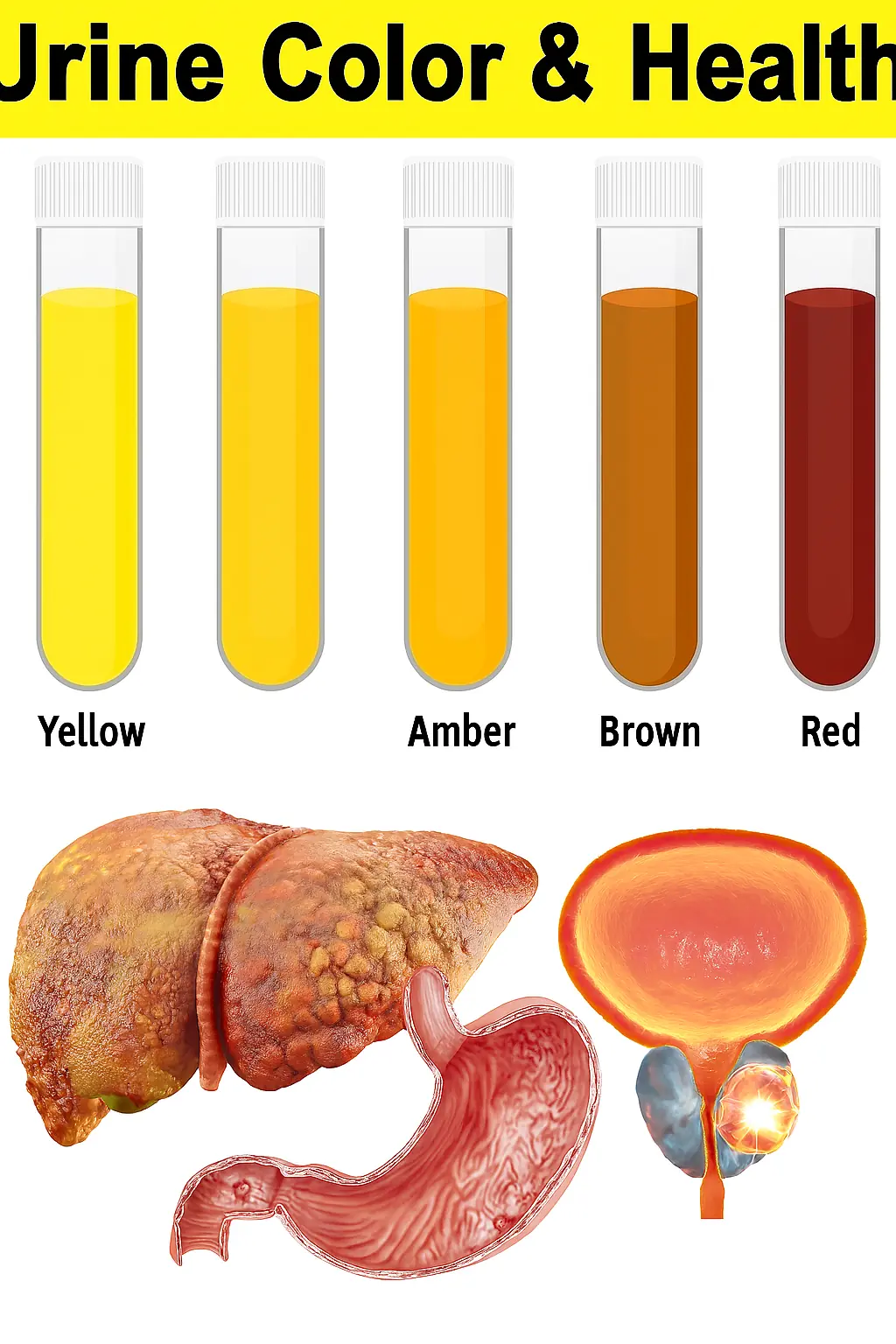
What Your Urine Color Really Says About Your Health (It’s More Interesting Than You Think)
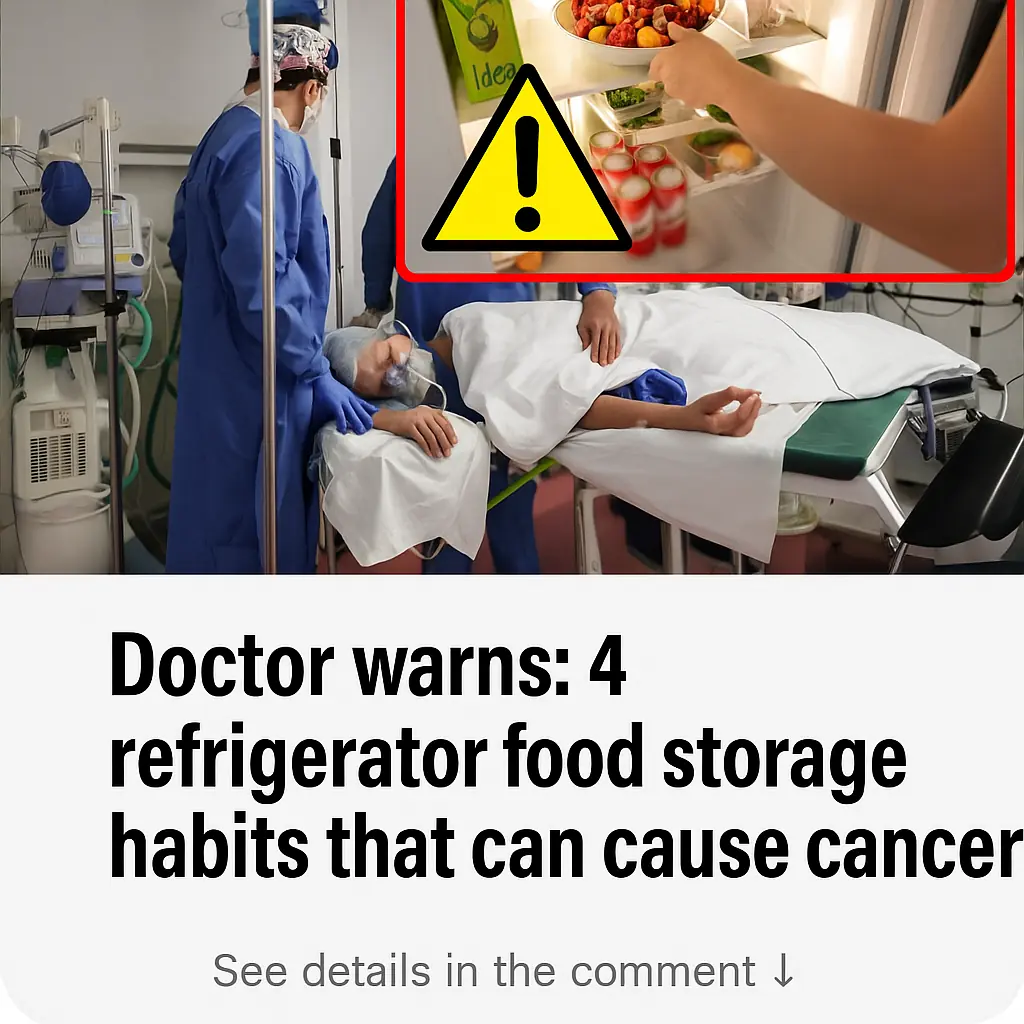
Doctor Warns: 4 Food Storage Habits in the Refrigerator That May Cause Cancer
News Post
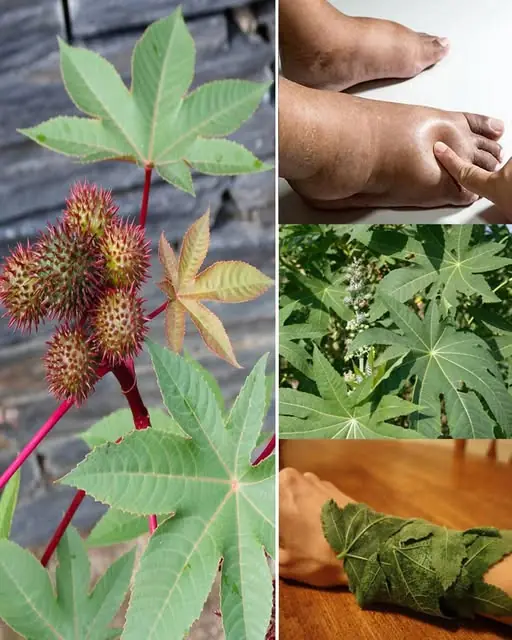
Benefits of Castor Leaves: A Natural Treasure for Health
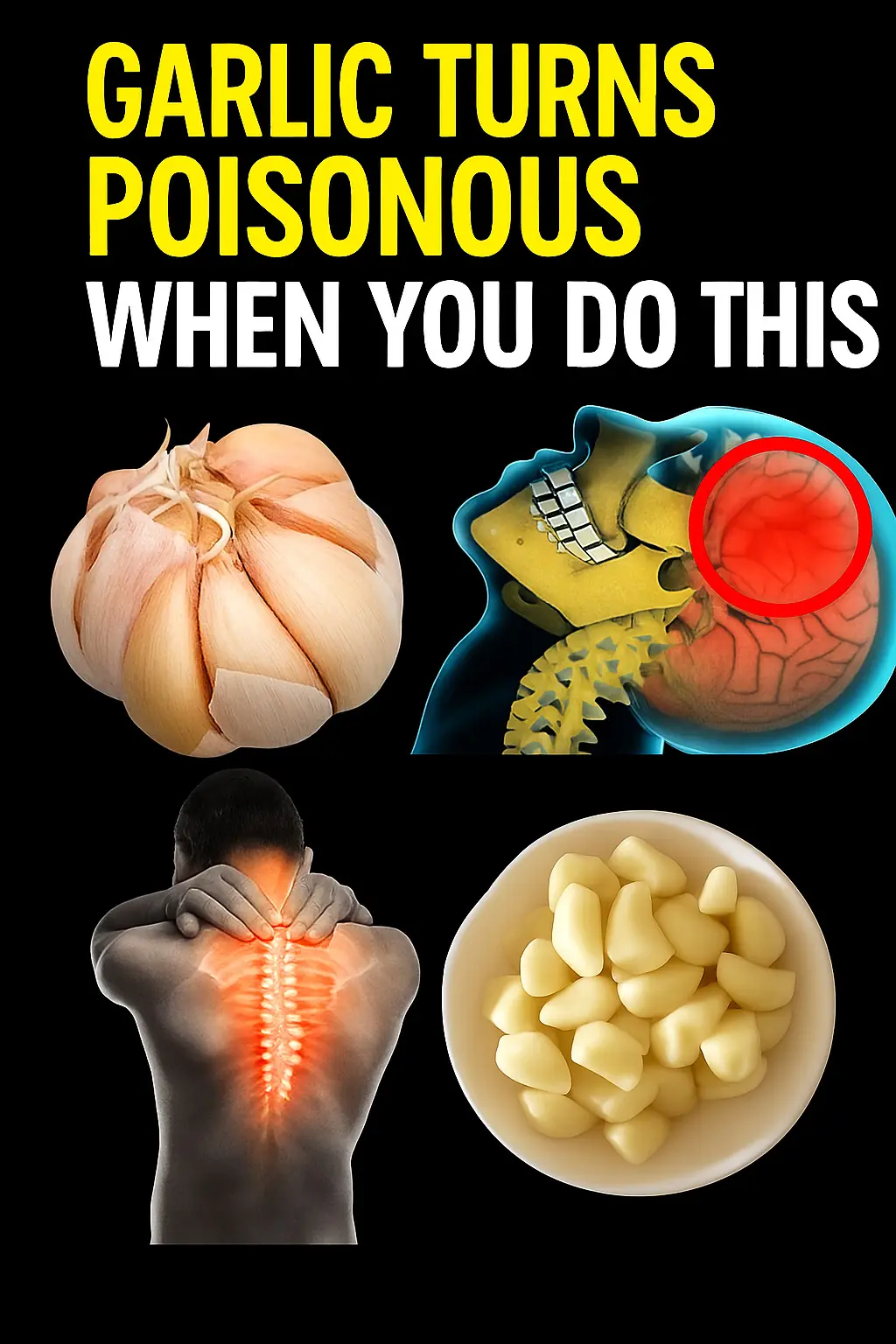
Avoid Garlic! 8 Health Problems That Can Get Worse

People at Risk of Cancer Often Show 3 Signs on the Neck – Early Checkups Could Save Your Life

8 Subtle Warning Signs of a Heart Attack You Shouldn’t Ignore

12 NATURAL HOMEMADE CLEANERS that will clean, sanitize and disinfect everything in our homes

Shocking Avocado Dangers You NEED to Know Before Your Next Bite! Could One Fruit Trigger Irreversible Harm?

Truth behind viral statement after married CEO caught with employee on Coldplay kiss cam

Over 60 killed after fire rips through newly opened mall in Iraq following AC explosion

7 Early Signs of Stomach Cancer Everyone Should Know to Prevent Metastasis

6-Year-Old Boy Suffers Stroke Right After Waking Up – Doctors Emphasize 4 Warning Signs Parents Must Recognize to Save Their Child

🍓🍰 Berry Mousse Genoise Layer Cake 🎂

🫐🍰 Nova Scotia Blueberry Cream Cake 🍰🫐

🍑 Gourmet Peach Ice Cream Recipe

Discover the Secret to Naturally Banishing Skin Tags with Lemon & Ginger
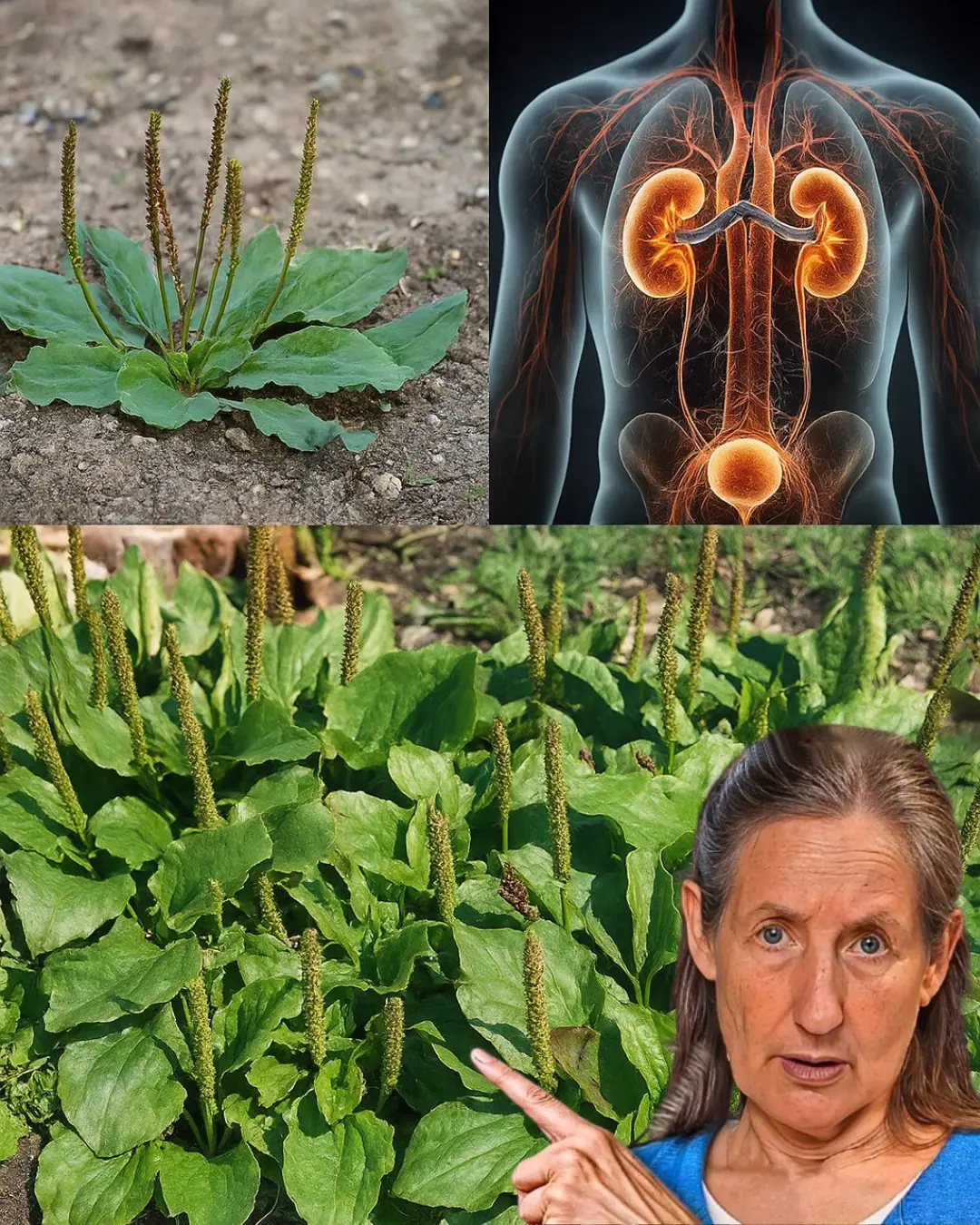
Broadleaf Plantain Unveiled: 30 Astonishing Benefits of Nature’s Hidden Healer

Glow Like Never Before: The Lemon & Charcoal Skincare Secret That Will Transform Your Skin
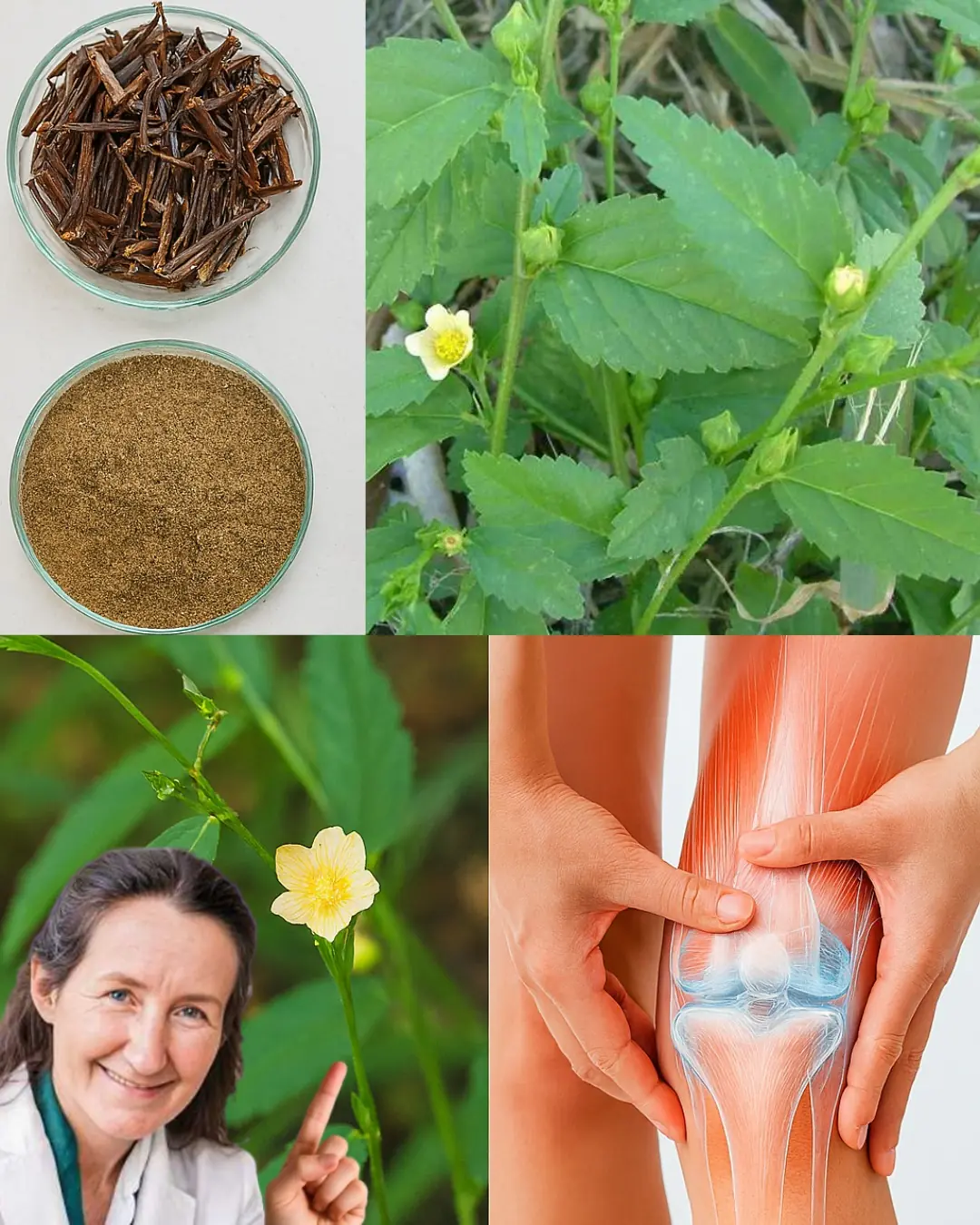
Sida Acuta: The Hidden Miracle Herb You Need to Know About
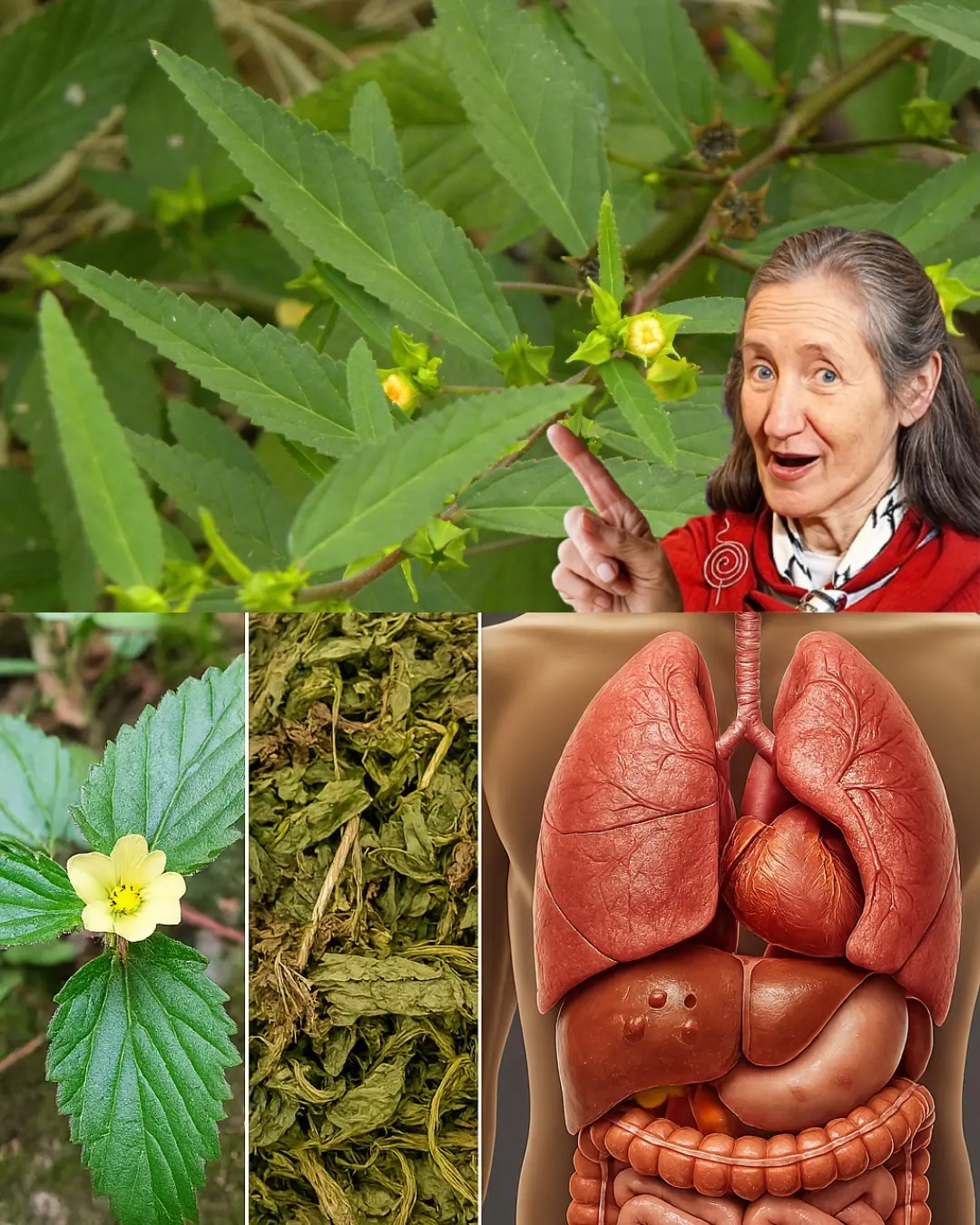
Unveiling the Secrets of Sida Acuta: The Hidden Powerhouse of Nature
